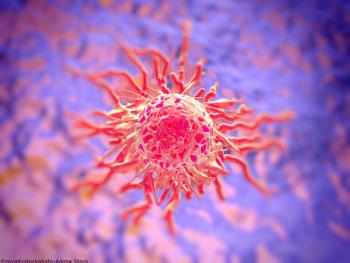
The confirmed ORR in the investigational arm was 52.3% vs 46.6% in the chemotherapy arm, with respective complete response rates of 10.9% and 8.5%.

Your AI-Trained Oncology Knowledge Connection!


The confirmed ORR in the investigational arm was 52.3% vs 46.6% in the chemotherapy arm, with respective complete response rates of 10.9% and 8.5%.

Louis Potters, MD, FASTRO, FABS, FACR, describes how evidence-based radiation protocols may integrate with novel artificial intelligence software.

Alectinib exhibited a CNS DFS improvement, with a 63% reduction in the risk of this event, and 4-year CNS DFS rate was 90.4% vs 76.1% with chemotherapy.

A novel cancer vaccine, IO102-IO103, combined with pembrolizumab, showed promising results in improving PFS for advanced melanoma.

Retrospective cohort findings may inform tailored treatment approaches for frontline metastatic BRAF V600E–mutated non–small cell lung cancer.

Based on the Good Manufacturing Practice observations, the FDA has given a complete response letter for dasatinib for patients with CML/ALL.

Data from the KEYNOTE-671 trial support the use of pembrolizumab among patients with non–small cell lung cancer in the perioperative setting.
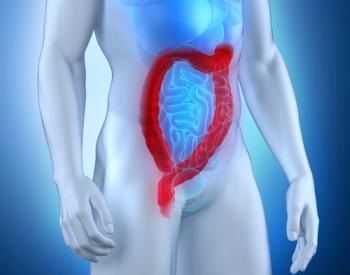
Data from the STELLAR-303 trial support zanzalintinib plus atezolizumab as a potential chemotherapy-free option in previously treated metastatic CRC.

The safety profile of telisotuzumab adizutecan was manageable in pancreatic ductal adenocarcinoma, consistent with its profile in other tumor types.

Datopotamab deruxtecan significantly enhanced survival rates in first-line treatment for metastatic triple-negative breast cancer.

The use of enhanced imaging and adaptive radiotherapy has lessened the burden on patients with cancer receiving radiotherapy as treatment.

Previous results from the study found improvement in the primary end point of PSA-PFS with apalutamide in recurrent prostate cancer.

Policies aimed at improving health coverage and financial assistance may help improve treatment affordability to ensure more equitable survival.

“Paradigm-changing events” are occurring across the small cell lung cancer field in real time, according to Anne Chiang, MD, PhD.

Trastuzumab rezetecan may represent a promising practice-changing therapeutic in this breast cancer population based on data from HORIZON-Breast01.

Findings from the PSMAddition trial support the benefit of the early addition of lutetium Lu 177 vipivotide tetraxetan in metastatic HSPC.
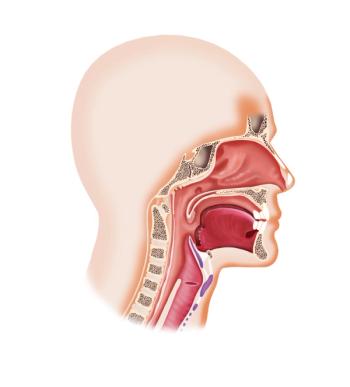
Data from the BL-B01D1-301 study support iza-bren as a potential standard of care for pretreated recurrent or metastatic nasopharyngeal carcinoma.

Findings from the DeFianCe trial support further development of sirexatamab in DKK1-high previously treated metastatic colorectal cancer.

Data from the phase 3 HARMONi-6 study may support ivonescimab plus chemotherapy as a new standard of care in advanced squamous non–small cell lung cancer.

The investigator-evaluated ORR was 39.0% among those treated for recurrent/metastatic HNSCC, and the CR and PR rates were 9.8% and 29.3%, respectively.

Patients with ESCC treated in 2 tislelizumab-based arms experienced higher composite complete response rates compared to chemoradiotherapy alone.
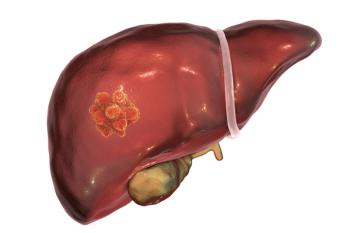
Overall survival data in the IMbrave152/SKYSCRAPER-14 study are not anticipated to show statistical significance.

In terms of OS among patients with non-tBRCA–mutated, HRD-positive disease, the median value was not reached in either durvalumab arm.
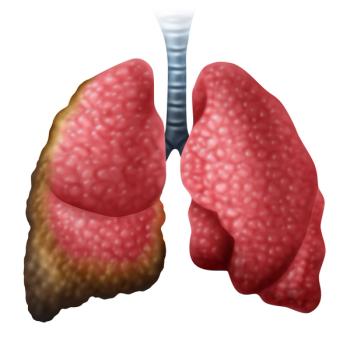
Slow accrual led to the early stopping of the phase 3 DREAM3R trial assessing durvalumab/chemotherapy in advanced pleural mesothelioma.

Findings from the ENZARAD trial support adding enzalutamide to androgen deprivation therapy for those with positive lymph nodes.

OptiTROP-Lung04 data show sacituzumab tirumotecan cut the risk of progression or death by 51% in patients with nonsquamous EGFR-mutated NSCLC resistant to EGFR TKIs.
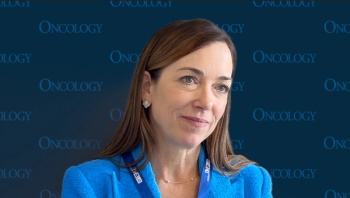
Gedatolisib-based triplet regimens may be effective among patients with prior endocrine resistance or rapid progression following frontline therapy.
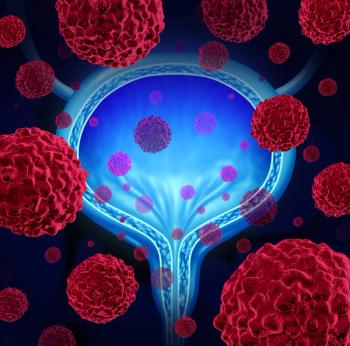
Disitamab vedotin plus toripalimab achieved a median 13.1-month PFS and median 31.5-month OS in patients with HER2-expressing advanced urothelial carcinoma.

At 8 years follow-up, patients with recurrent prostate cancer in the enzalutamide/leuprolide arm had an OS rate of 78.9% vs 69.5% vs leuprolide alone.

Data from the ROSELLA trial show a consistent benefit with relacorilant plus nab-paclitaxel across PROC subgroups.